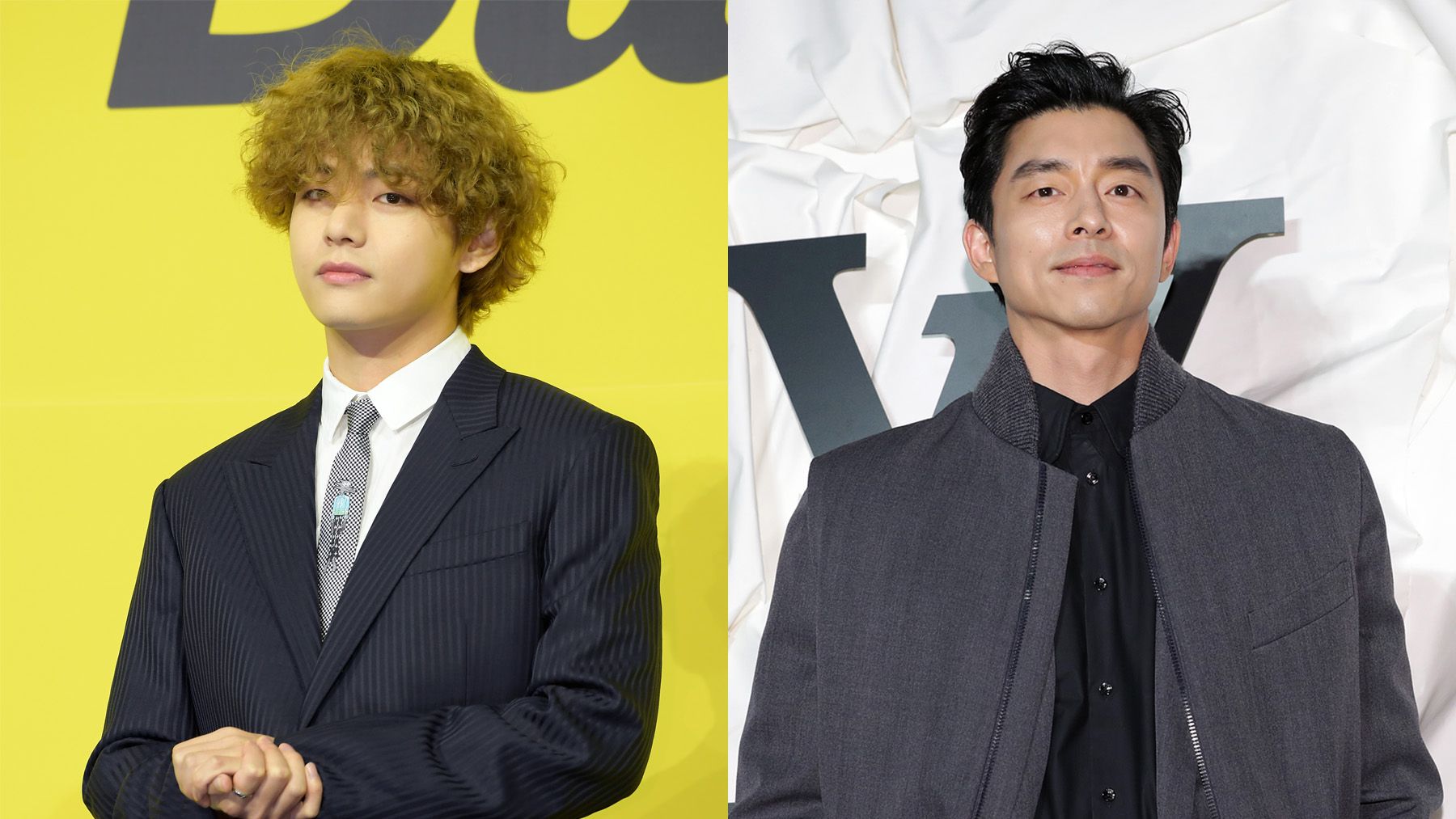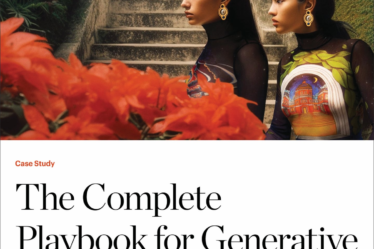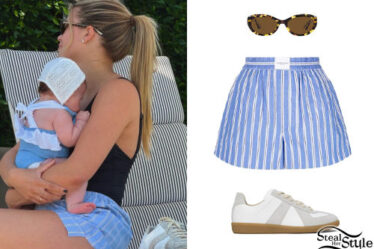
When 19-year-old Charles Chen got a perm in early 2022, it was a spur of the moment decision.
“I was looking for something simple to style,” he said of his “naturally bone straight” hair.
What was intended to be a one-time hair experiment has now become an integral step in Chen’s beauty routine that also includes skin care and standard grooming. He now gets a perm every time he visits his barber in downtown Manhattan.
Perms, or the permanent wave, have been a fixture of American culture since the late 19th century and reached peak popularity in the 1970s and 1980s. The style went out of vogue in the early 90s but has since found a new audience, thanks to its popularity among K-pop stars, innovative new product and TikTok, where videos under the hashtag “perm” have over 2 billion views.
While beauty trends like fashion are cyclical, perms today differ greatly from those once seen on stars like Cher and Stevie Nicks, thanks to gentler products and digitised heat technology. The clientele for perms has also changed. Young people, especially men, are the style’s recent converts.
Still, perms are nowhere near as popular as it was in its heyday. In fact the perm category declined by 35 percent between 2017 and 2022, and is valued at over $60 million today, according to data from Euromonitor. Nonetheless, a steadily growing pool of new converts and new product technology pose an opportunity for hair care brands and stylists.
“Some of our main competitors left the category altogether,” said Roland Munz, global education director at Wella Professional. “We decided to stay because we believe in a future for this segment.”
The Perm Rebranded
The process of getting a perm can be lengthy. Hair must be shampooed, washed and set in curling rods. A perming solution, which chemically alters the structure of the hair in order for it to curl, is applied. Once the solution sets for about 30 minutes, a neutralising lotion is applied and the hair is washed to reveal fresh curls.
Gen-Z’s version of the perm differs greatly from its predecessors. Briana Dunning, a textured hair specialist and her team at Striiike, a salon in Los Angeles, are forgoing the term “perm” in favour of “new wave” to distance themselves from a hairstyle that has been seen as passé.
“These aren’t your grandma’s perms that leave hair feeling fried and crunchy,” said Dunning. “Today, the perm is meant to mimic having a permanent salt spray in the hair.”
The “new wave,” like the perm, also uses curling rods, but the rods are designed to give the hair a more natural curl. Dunning and her team curl the hair in larger sections, follow the natural movement and direction of the hair and use gentler perming solutions. Digital perms, or hot perms, have also become popular. This type of perm uses a chemical solution alongside digitised heat technology to set the hair into semi-permanent curls.
In an attempt to revitalise its business, Wella, in 2017, also saw an opportunity in perming solutions that are gentler and cause less damage to the hair. Its new salon formulations are designed to make perms more accessible and offer a tailored curl size, said Munz.
Finding the Client
The Korean Wave, a phenomenon characterised by the proliferation of South Korean culture, has been cited as motivation for young people, especially men, getting their hair chemically curled.
The Korean perm, unlike the stiff, bouffant American perm of the 80s, is unnoticeable. The style is natural-looking and gives the hair a gentle wisp. Musicians like BTS’s V (Kim Tae-Hyung) and celebrities like Squid Game’s Gong Yoo have helped popularised the trend.
“It certainly helps that K-Pop and K-Dramas are popular and the stars get perms, so that has made it more culturally acceptable,” said Chen.
Lydia Wolfe, a hair stylist in London, said there has been an increasing number of young men coming to her salon, Jack and the Wolfe, for perms. She credits the perm’s comeback because of the ease of styling.
Wella’s Munz is hopeful that the resurgence of perms will also encourage brands to further engage with the multicultural consumer.
“There has really been a shift in the last few years and more people are embracing their natural curls,” said Wolfe. “Perms can be a part of that.”



